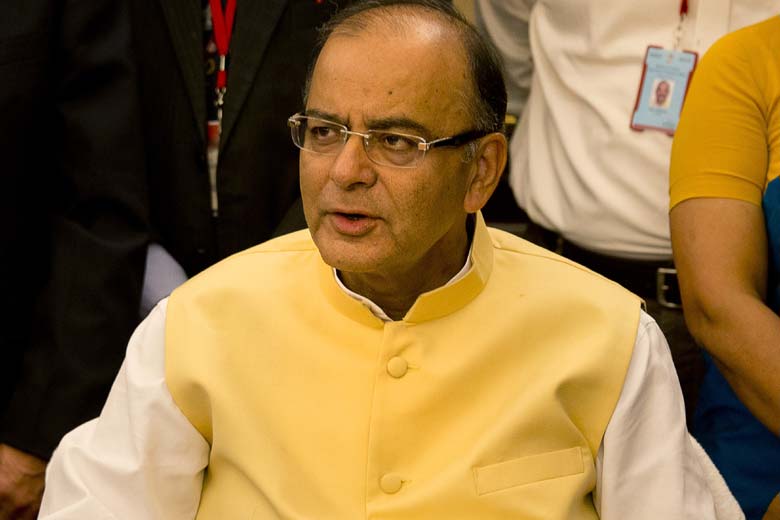India is going through undoubtedly the biggest tax reform since it gained independence from British rule in 1947. The republic is on the verge of adopting a new GST-based taxation system that will upend the currently prevalent origin-based system with a new destination-based one.
What is GST and How Does it Help the Economy?
GST, or Goods & Services Tax, is an indirect system of taxation that will effectively create a common national market by subsuming multiple central (federal) and state tax types into a single tax, in the process helping to avoid the cascading impact of ‘tax on tax.’
By making it a destination-based system, the tax incidence is brought closer to the consumer, resulting in better cash flows and capital management.
Under the purvey of the GST Council chaired by Union Finance Minister Arun Jaitley, GST Law will be implemented starting on July 1, 2017, and is expected to have an immediate positive impact of 0.9% – 1.4% on the GDP of the Indian Republic.
One of the more important aspects of GST is that it reduces the tax burden on the end consumer. The Input Tax Credit that is part of the GST implementation will allow sellers to claim any tax that has already been paid upstream in the value addition chain of goods and services. The end result is decreased liability on the consumer, among other things.
The Union Government has also assured individual states that any losses arising from the taxation change will be compensated for, for a period of five years from implementing GST.
After France implemented GST Law in 1954, 159 nations have adopted some form of this type of taxation. In some countries, a VAT system is followed, which essentially serves the same purpose. Of note is the fact that the current VAT taxation system followed in India is different from the one followed in several other countries.
The idea behind the Goods and Services Tax Law is to create a nationwide market by streamlining the indirect tax regime, and also creating a uniform tax rate across Indian states.
The full impact of GST implementation will take several months to analyze, but India is ready to embark on an extremely significant journey in its taxation history. This is easily the most important milestone in India’s economy since 1947.
Thanks for visiting! Would you do us a favor? If you think it’s worth a few seconds, please like our Facebook page and follow us on Twitter. It would mean a lot to us. Thank you.
Sources: clearTax, NDTV, ProfitBooks



